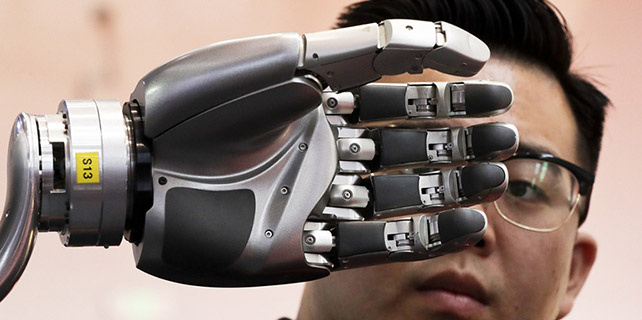Nations share views on low-carbon development
China is playing an important role in supporting low-carbon development and combating climate change, Nicholas Rosellini, United Nations Development Programme resident representative, told a high-level workshop in Beijing on Monday.
As part of efforts to support the exchange of experiences among developing countries and facilitate dialogue on development solutions from China, UNDP China hosted the workshop on low-carbon development and financing solutions. Government officials, representatives of leading financial institutions from China and abroad, and key private sector companies were invited to contribute.
"China has become a major economic partner for other developing countries, providing finance, critical knowledge, skills and technology to other developing countries," said Rosellini. "Given its abundant experience and technology in renewable energy and low-carbon development, China has made important commitments to supporting other countries' low-carbon development and efforts to combat climate change effects."
To encourage the transition toward low-carbon economies, the workshop provided a platform to introduce China's clean energy technology to countries involved in the Belt and Road Initiative and discuss how to tailor these to specific contexts. Discussions included how to better understand different countries' development needs and the roles different actors should play.
"One of the sectors that contributes to green energy is hydropower and China is in partnership with us," said Nawa Raj Dhakal, from Nepal. When it constructs a hydropower station, Nepal expects Chinese investment, technology and expertise on this, Dhakal said in an interview.
According to Bishu Prasad Nepal, a fellow official from the Nepalese government, the hydropower project is "part in process and part in negotiation".
Samuel Bwalya, country director of UNDP in Nigeria, said he hopes China can provide support and help in three main areas regarding green energy in Africa. "The first is how China can help make green energy, solar power for example, accessible to households and small businesses. The second is that China can help renew technology in Africa. It can also help finance energy development projects."
The workshop invited participants such as government officials from China and more than 20 other developing countries in Asia and Africa, as well as representatives from leading financial institutions and key private sector companies.
As well as State-owned enterprises, the private sector has also skills and technological capabilities to offer. It is able to provide important sources of finance and serve as the hub for technological innovation and low carbon development.
The workshop hopes to provide a platform to promote cooperation between Chinese private sector and other developing countries.
The participants will be visiting the world's first panda-shaped solar power plant in Datong, Shanxi province to see China's latest solar panel innovations and further discuss how to take the technology abroad.
Contact the writer liuxuan@chinadaily.com.cn






















